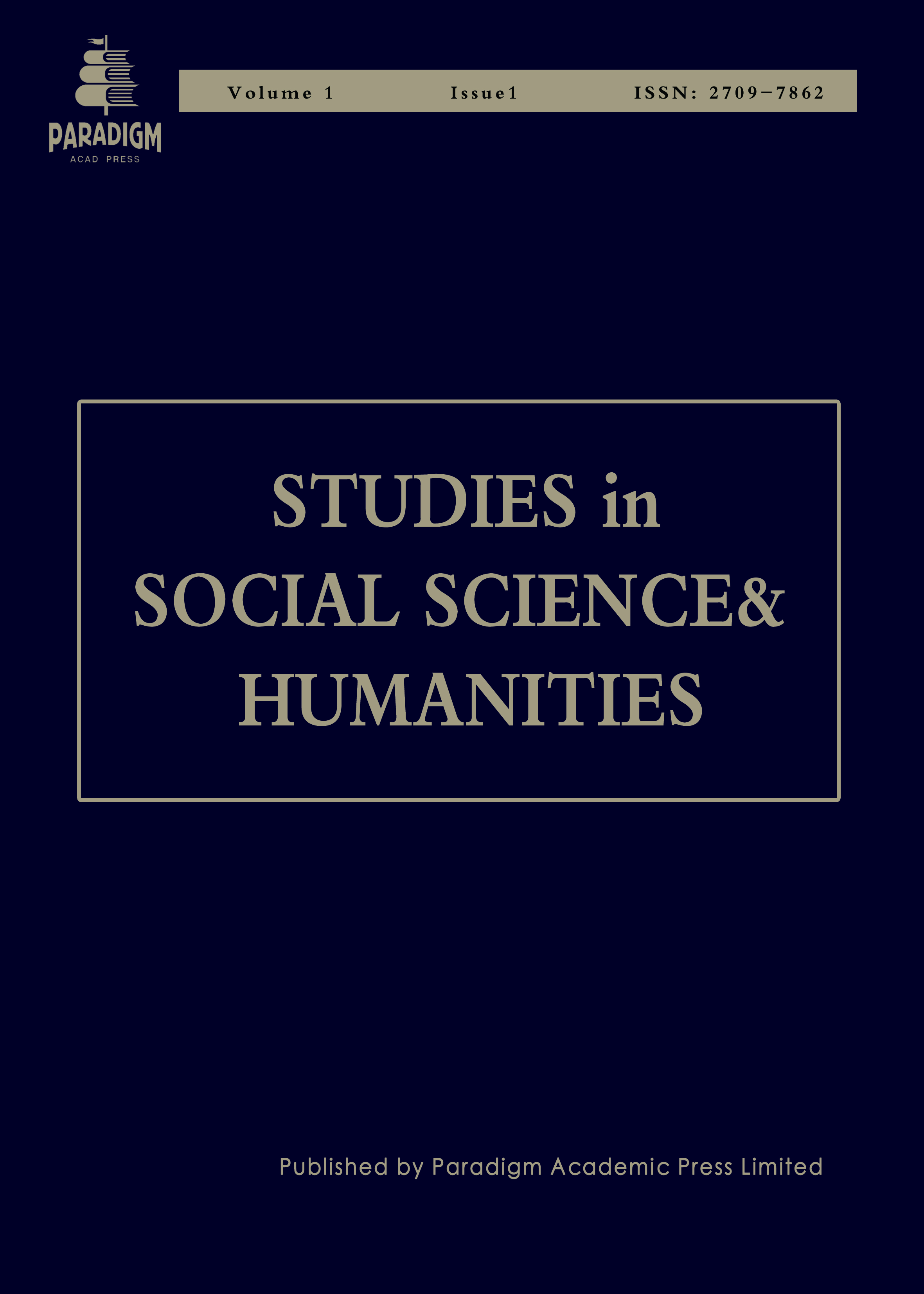Is Data-Monopoly Banned by Antitrust Law? Antitrust and Digital Economy in the US: Ideas, Institutions, Decisions and Impacts, 1998-2023
Keywords:
antitrust law, internet platforms, digital economy, competition principles, case study, historical analysisAbstract
This study employs case studies and historical research method to scrutinize the causes, processes, and outcomes of antitrust litigation against major internet platforms spanning the past quarter-century, commencing with the inaugural U.S. Internet antitrust case in 1998. Due to their intricacy, some antitrust proceedings remain ongoing, involving protracted timeframes and substantial financial resources. Nonetheless, the impetus and consequences of these cases are already affecting prevailing and forthcoming antitrust laws and policies. Given the significant role of major internet enterprises in the digital economy era, their adherence to equitable competition principles will engender an indelible impact on global economic development. Drawing on retrospective analysis, this study aims to elucidate the laws and trends undergirding antitrust regulations and practices within the digital economy milieu and to explore prospective transformations, pointing out the lack of regulation on data-monopoly and corresponding threats to the fair competition, thereby affording enlightenment for the realm of antitrust law, public policy-makers, and large technology enterprises.


